-
Module 11: Trace elements & vitamins
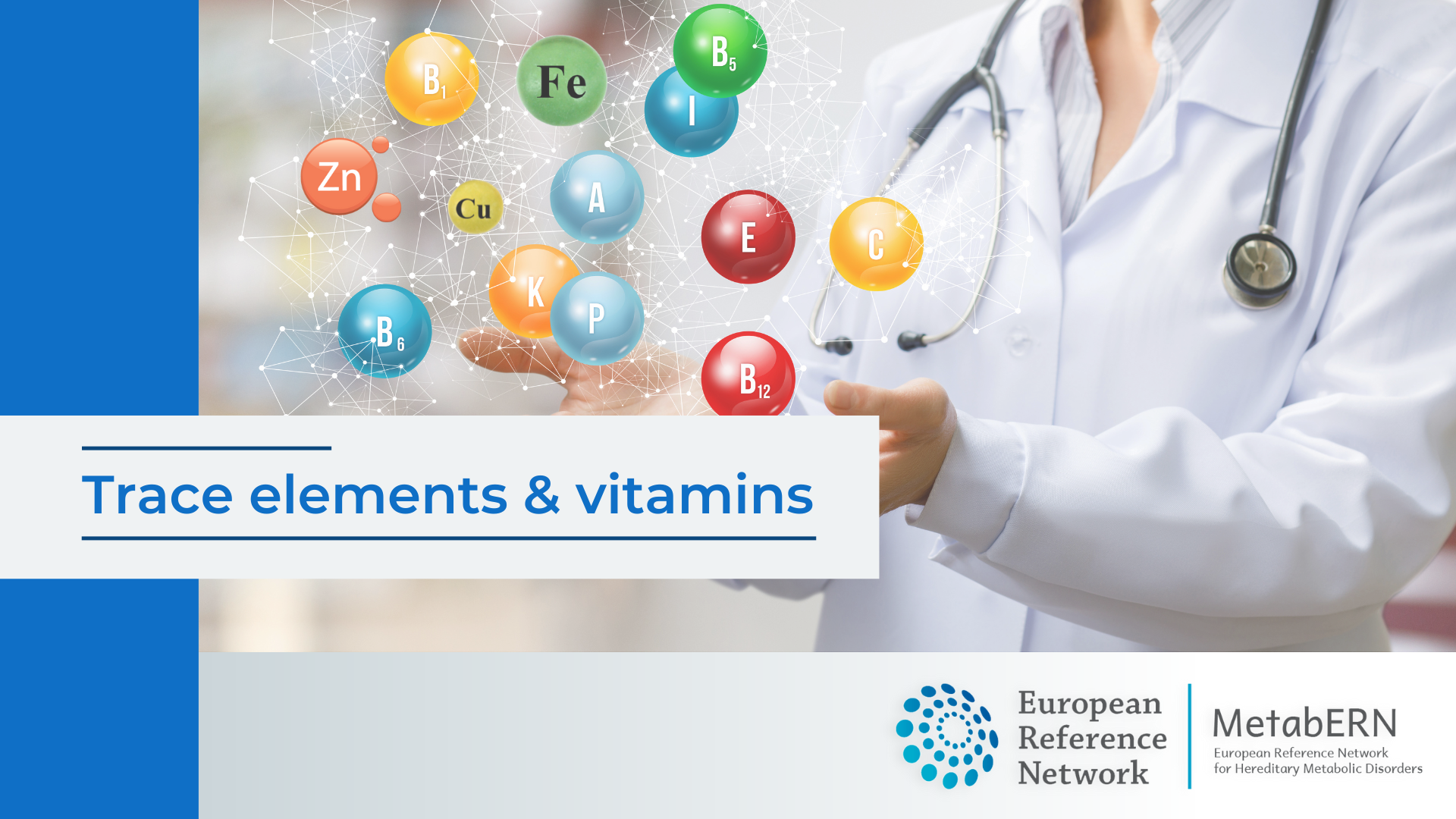
This module deals with trace elements and vitamins metabolism. Specifically, Wilson disease is presented as an example of a disorder affecting the cupper metabolism. The accumulation of cupper due to a defective elimination from the liver into the bile gives rise to chronic liver disease (liver cirrhosis), hemolysis and neurological symptoms. Several treatment options for Wilson
-
Module 10: Complex molecules & organelles metabolism (II)
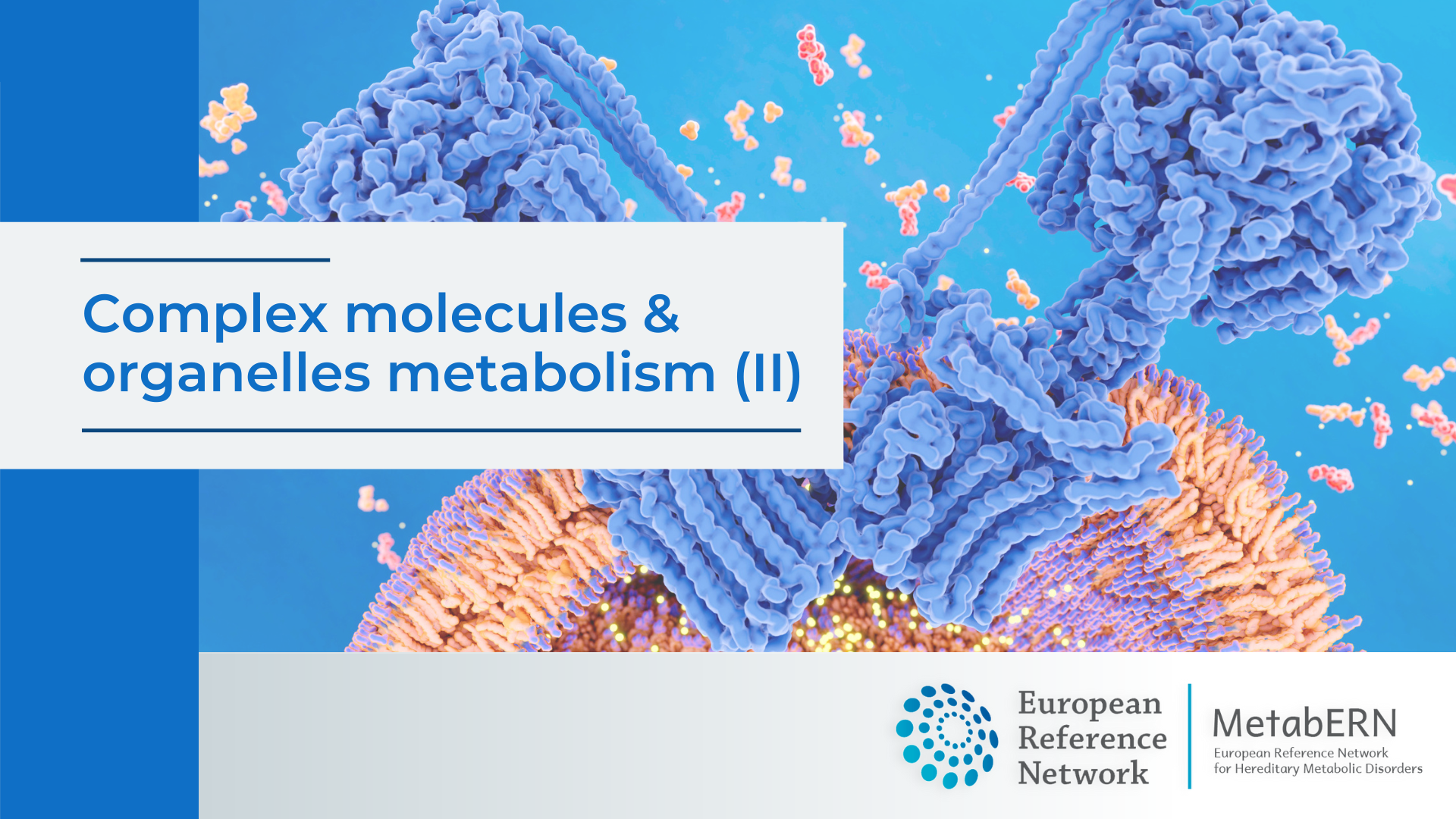
The metabolism of complex molecules and organelles is the object of two modules (Module 9 and 10). Module 10 in centred on peroxisome, mitochondrion and their related diseases and on congenital disorders of glycosylation. A specific attention is reserved to the biochemical and clinical presentation and to the diagnosis of peroxisomal biogenesis disorders. Mitochondria, mitochondrial DNA
-
Module 08: Lipids & fatty acids
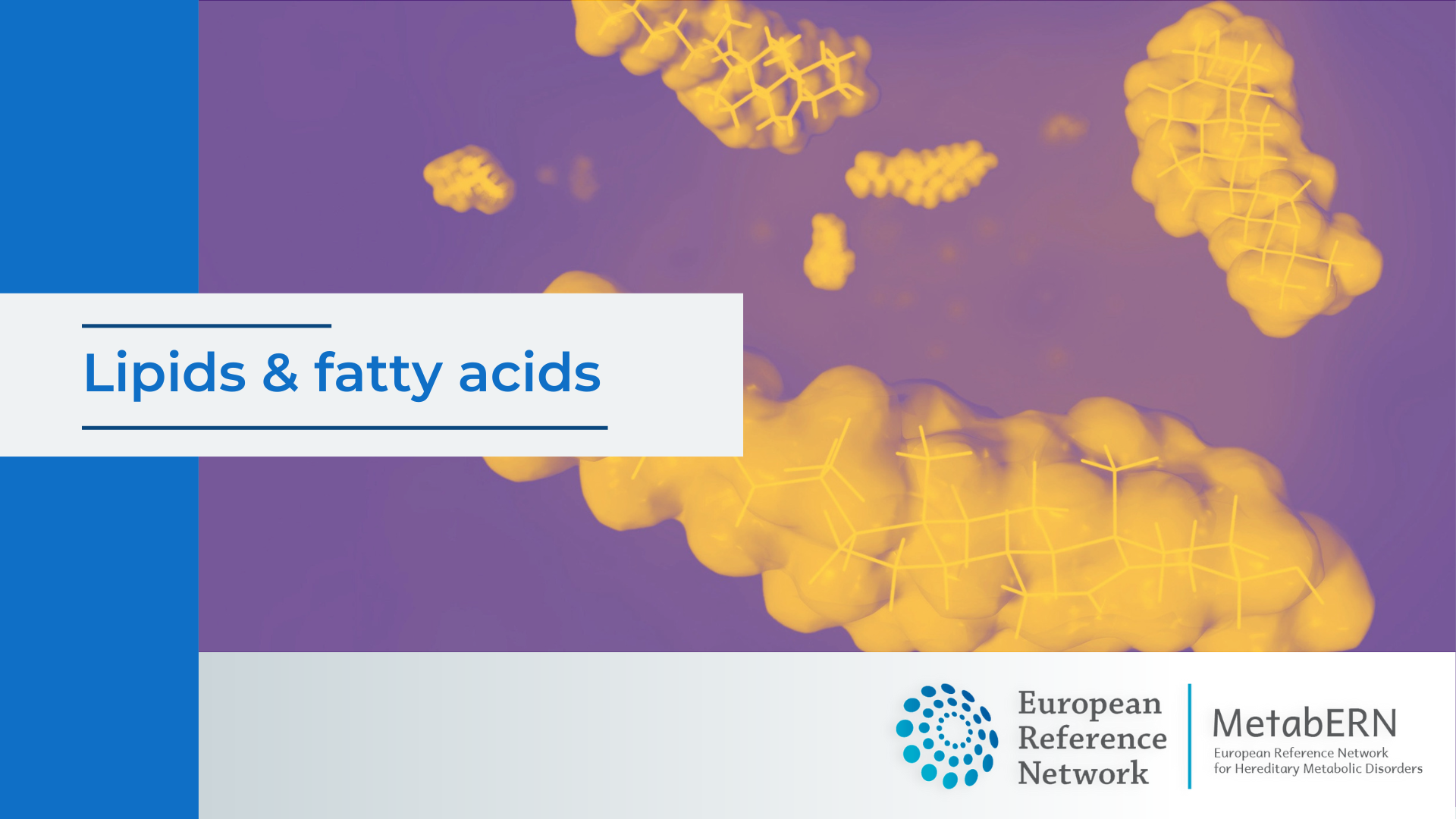
This module deals with the metabolism of lipids and fatty acids, with a particular focus on two diseases: Smith-Lemli-Opitz Syndrome (SLOS) and X-linked adrenoleukodystrophy. Smith-Lemli-Opitz Syndrome (SLOS) is an example of cholesterol synthesis defect; it causes congenital malformations (dysmorphisms), with a heterogeneous clinical presentation and affecting several metabolic pathways and organs due to accumulation of a
-
Module 09: Complex molecules & organelles metabolism (I)
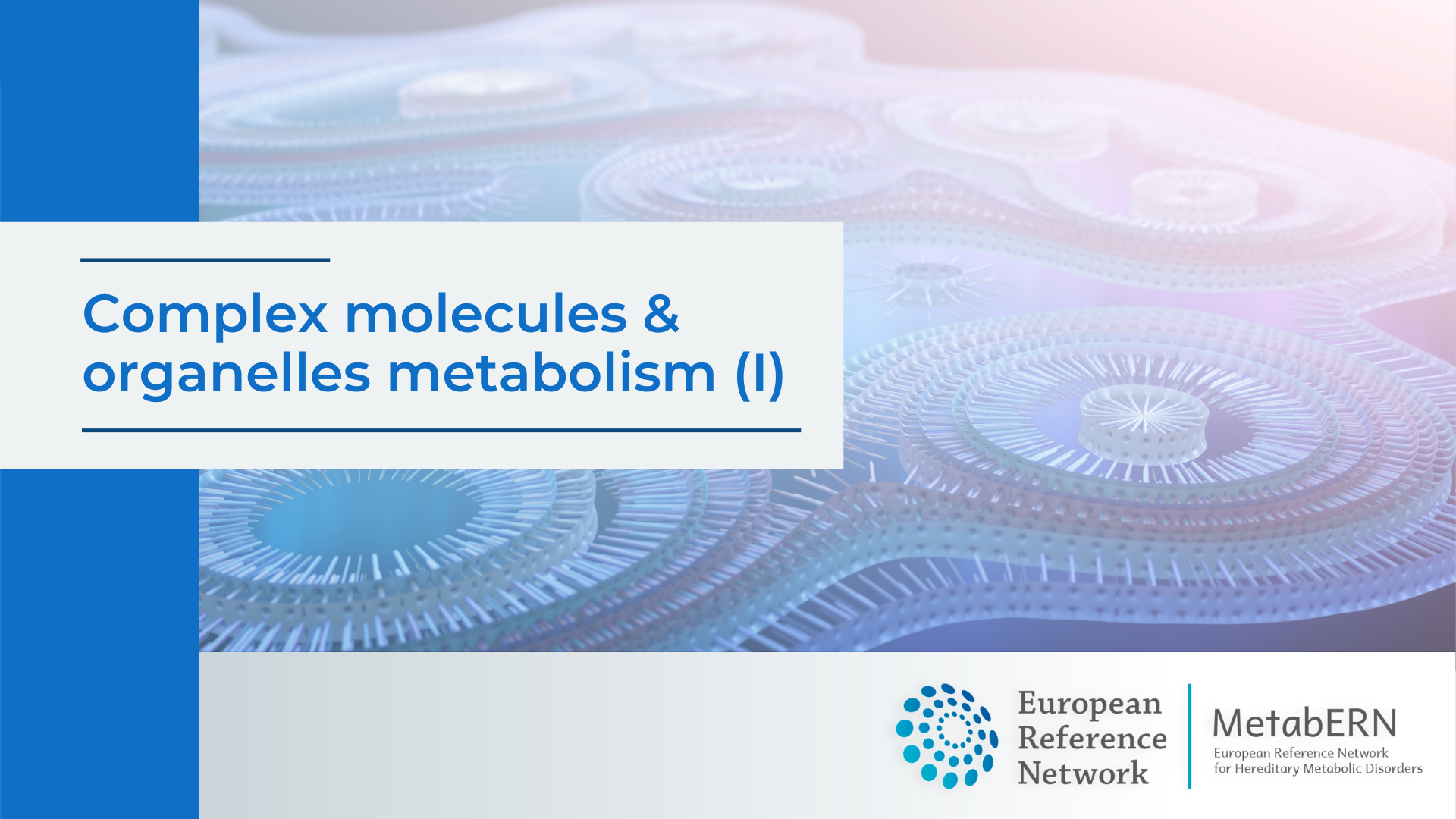
The metabolism of complex molecules and organelles is the object of two modules (Module 9 and 10). Module 9 is focused on the lysosome, providing an insight into its biology and its different metabolic functions, including a central role in the regulation of cellular metabolism. Autophagy and its pivotal role in preserving the normal cell function,
-
Module 07: Proteins & aminoacids (II)
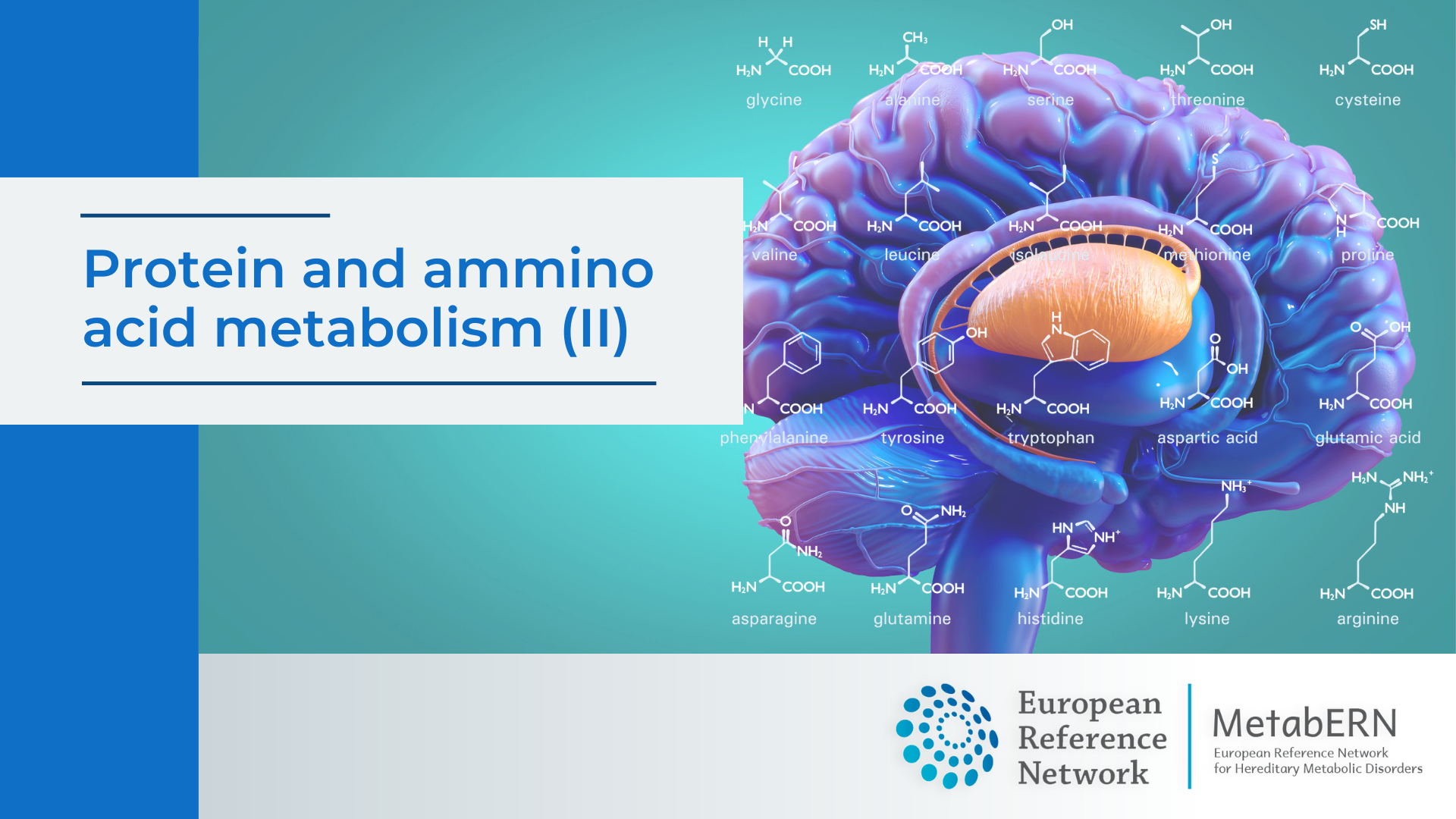
Protein and ammino acid metabolism is the object of two modules (Modules 6 and 7). Module 7 has a particular focus on the clinical conditions associated with deficits in this important metabolic pathway. Specifically, Glutaric aciduria type 1 and tyrosinemia type I are described. Glutaric aciduria type 1 (GA1), a defect of lysine metabolism, is an
-
Module 06: Proteins & aminoacids (I)
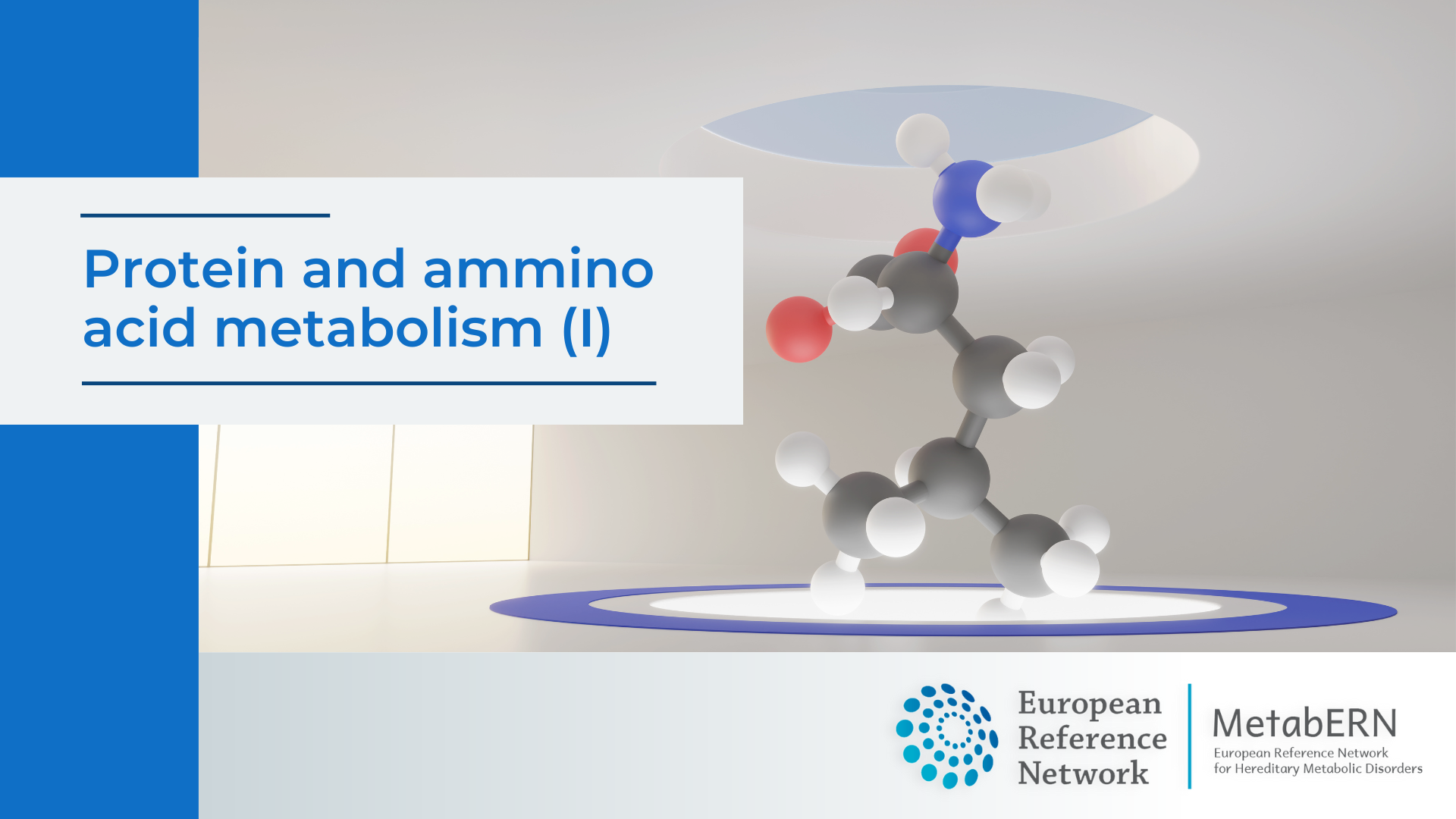
Protein and ammino acid metabolism is the object of two modules (Modules 6 and 7). In Module 6, the catabolism of C-skeleton of different amino acids with different organic acidurias as a result of multiple enzymatic defects, the oxidative deamination of aminoacids with formation of ammonia and the ammonia detoxification through the urea cycle are discussed.
-
Module 03: Sugars & energy metabolism (I)
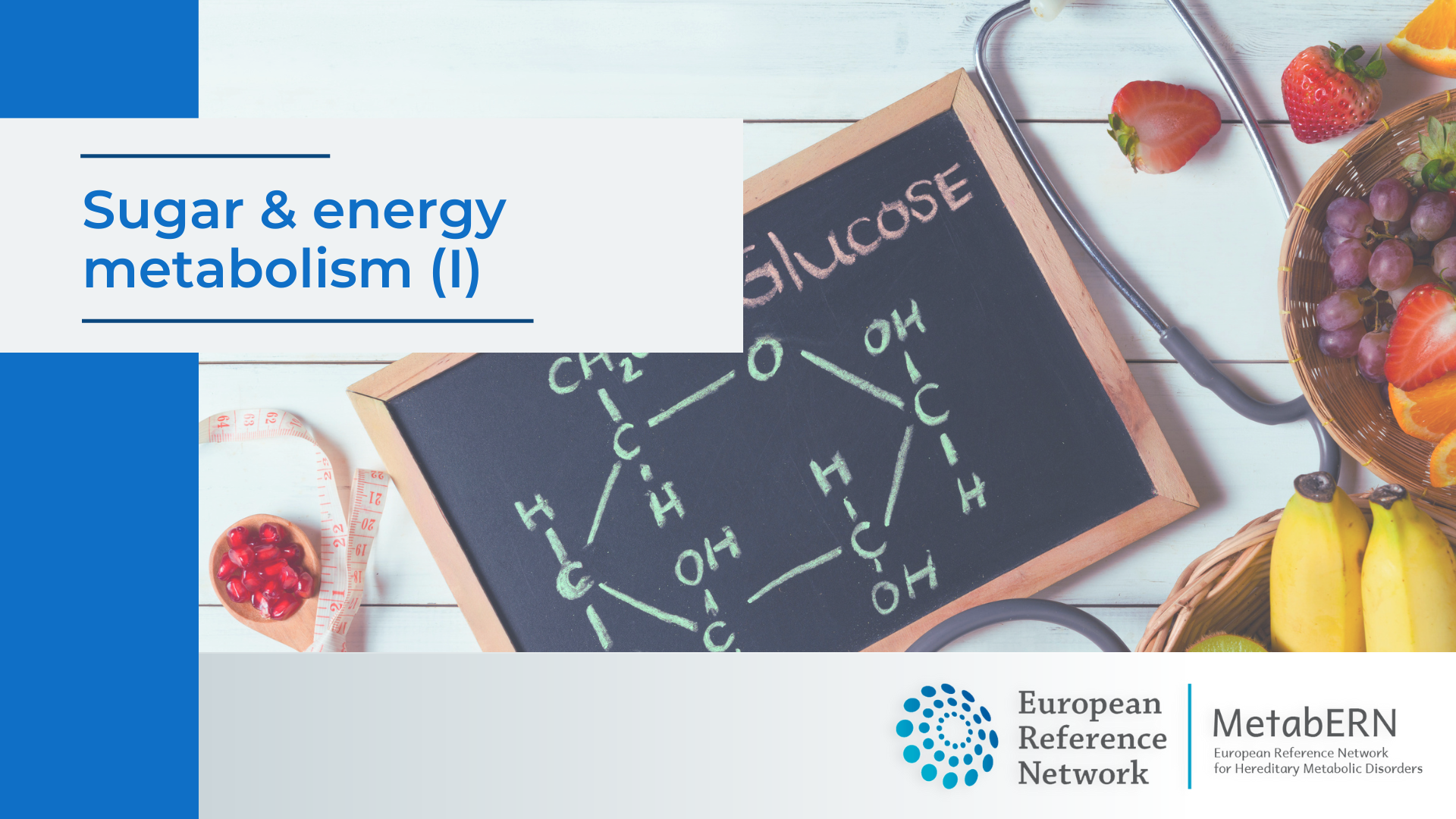
Sugar and energy metabolism is the object of three modules (Modules 3, 4 and 5). Module 3 deals with glycolysis, the most important metabolic pathway in energy metabolism derived from glucose, with focus on regulation mechanisms and different glucose transporters, gluconeogenesis, including the formation of glucose from aminoacids and fatty acids and its hormonal regulation, and
-
Module 05: Sugars & energy metabolism (III)
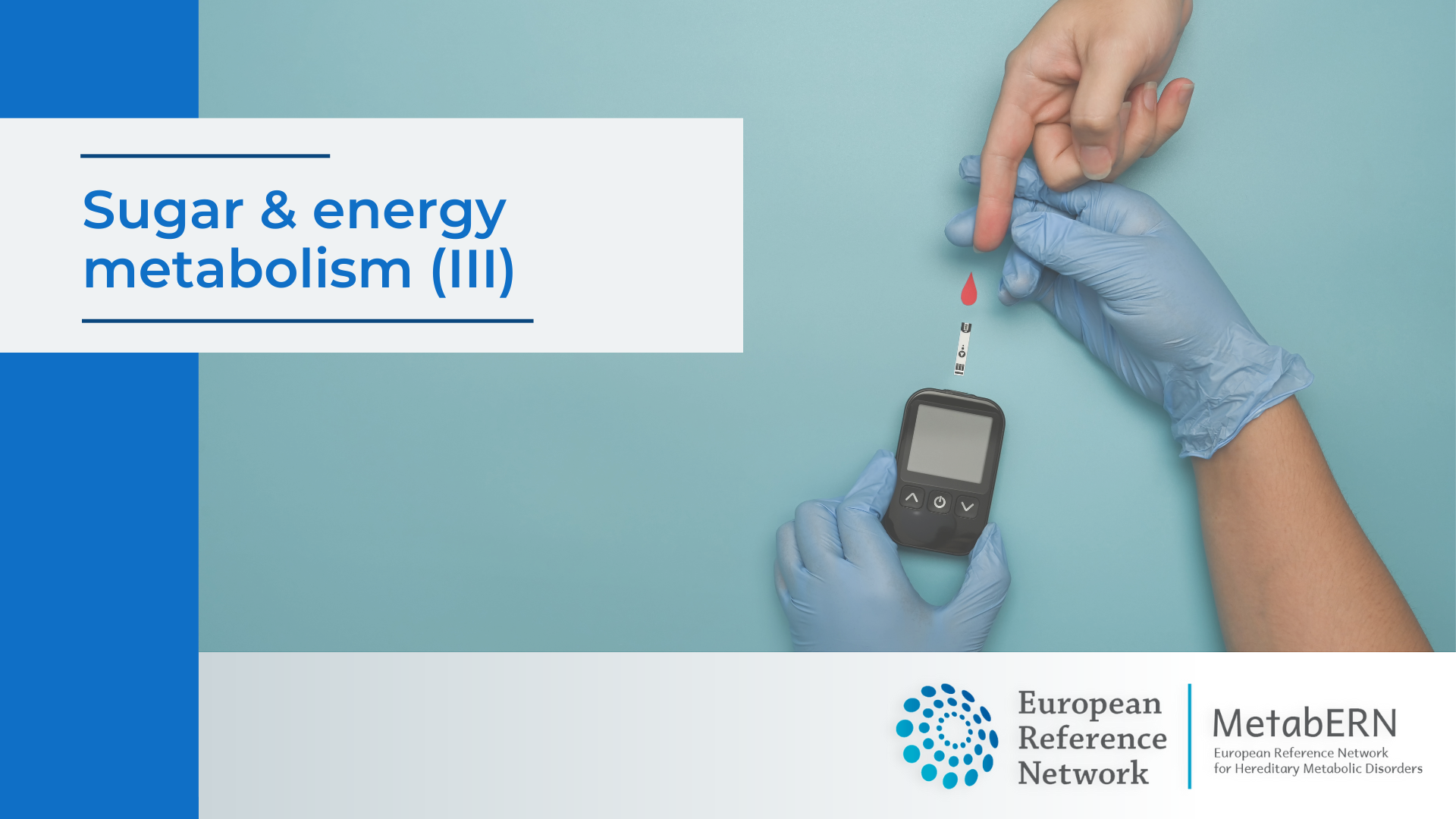
Sugar and energy metabolism is the object of three modules (Modules 3, 4 and 5). Module 5 has a particular focus on some clinical aspects of IMDs associated to alterations in these important pathways. Specifically, hypoglycemia and how to detect several underlying IMDs that give rise to it, are described. In addition, the metabolism of lactate,
-
Module 04: Sugars & energy metabolism (II)
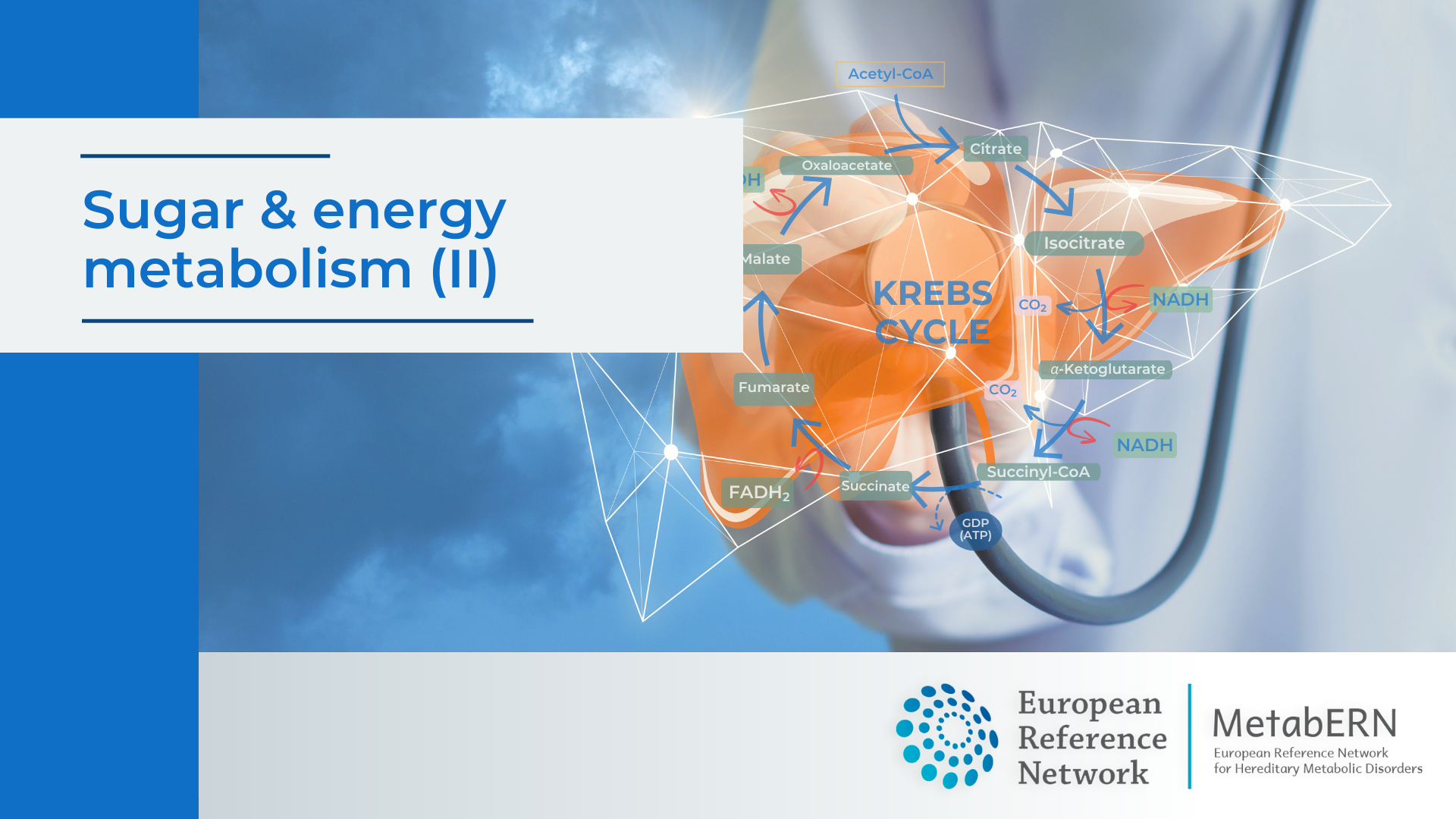
Sugar and energy metabolism is the object of three modules (Modules 3, 4 and 5). In Module 4, Krebs cycle, the main source of energy in cells with a very important role in the aerobic respiration is discussed. It is at the crossroad of intermediary metabolism and is indispensable for energy production and biosynthesis in the
-
Module 02: Acids & bases
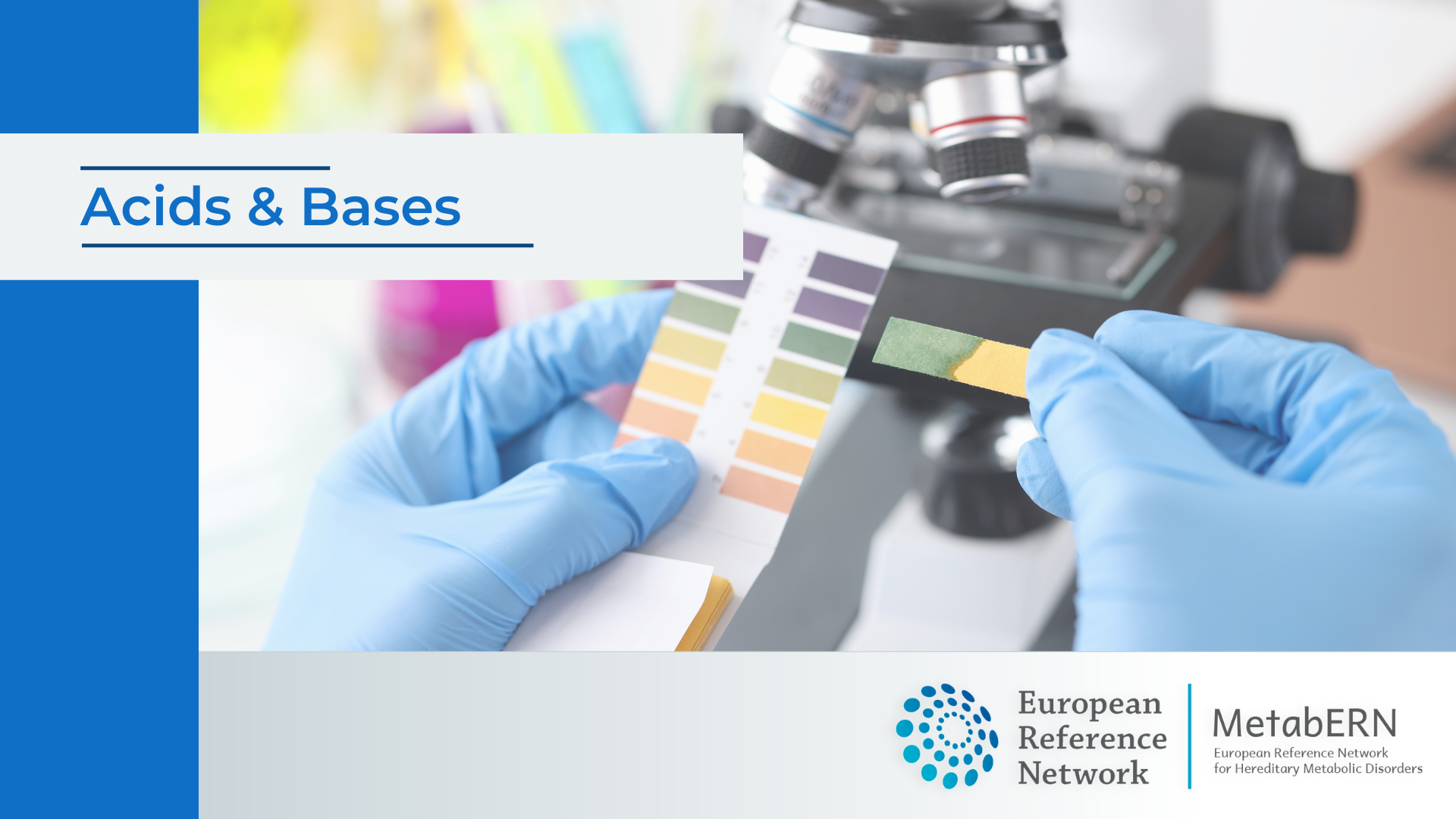
This module helps to understand the importance of the acid-base balance and the different ways the body maintains it. In addition, the metabolic acidosis in Inherited Metabolic Disorders is discussed, with a particular focus on differential diagnoses based on the presented acid-base disturbances. Authors: François Eyskens, Sandra Kingma
-
Module 01: Basic knowledge in Inherited Metabolic Diseases
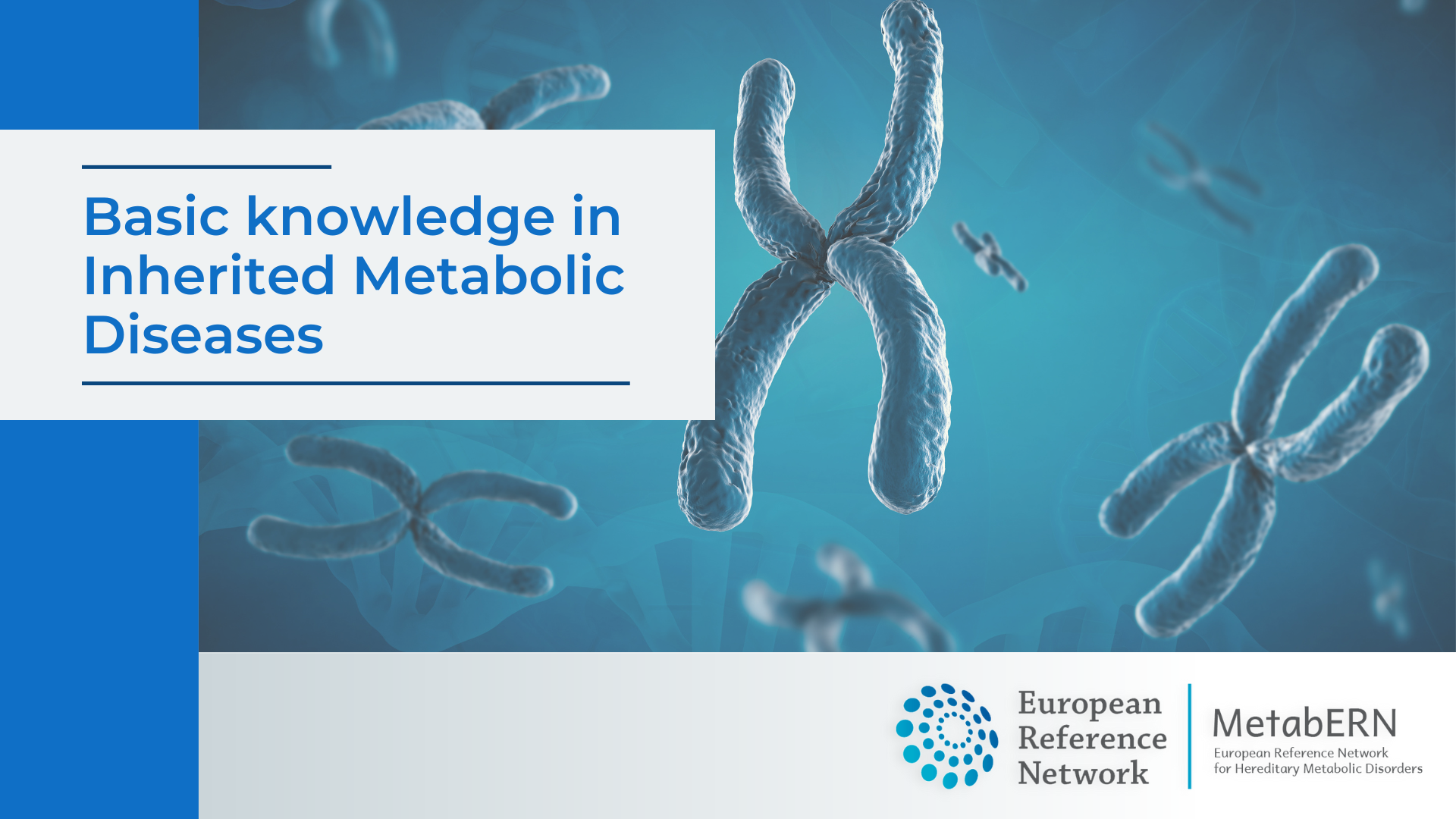
This module presents the basic knowledge needed to start studying Inherited Metabolic Disorders (IMDs). It includes a general overview of IMDs, in which the main groups of diseases and their characteristics are presented, together with a section dedicated to the main activities of MetabERN network. An introduction to genetics covers some general aspects of genetics in
Hey, want to upgrade to pro plan?

Upgrade Now
& get 25% off
Offer valid only for 24 hrs.
Scroll to Top